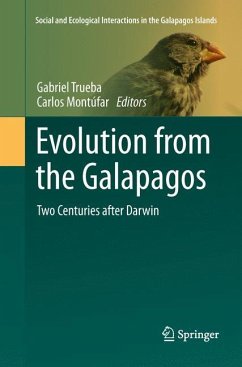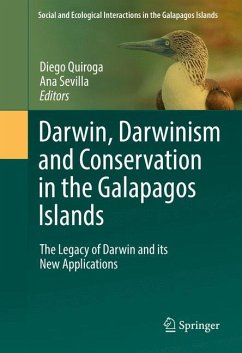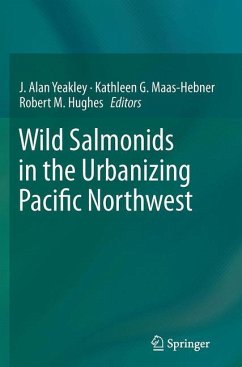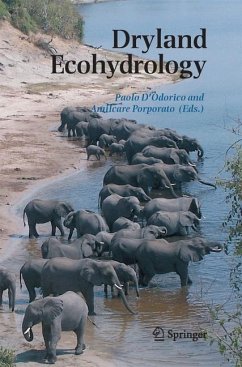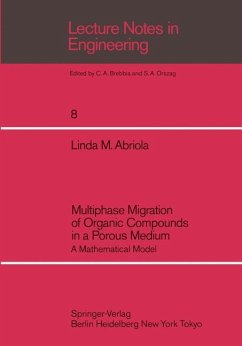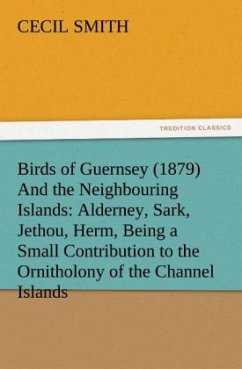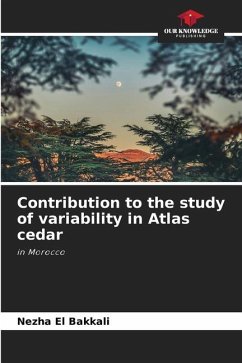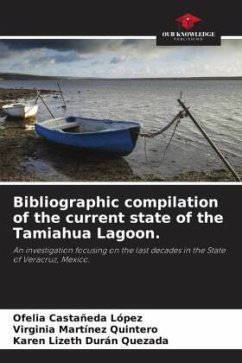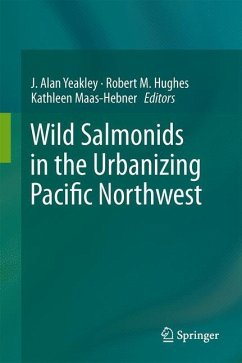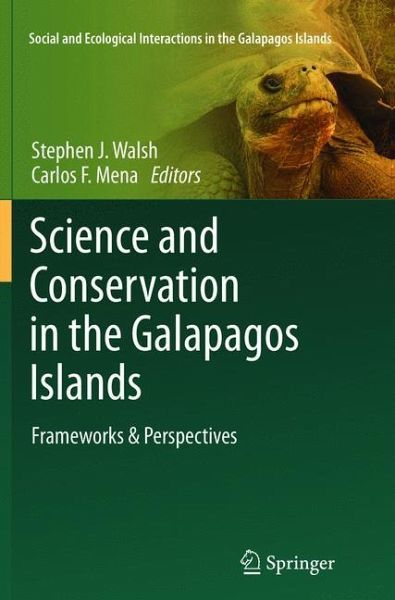
Science and Conservation in the Galapagos Islands
Frameworks & Perspectives
Herausgegeben: Walsh, Stephen J.; Mena, Carlos F.
Versandkostenfrei!
Versandfertig in 6-10 Tagen
76,99 €
inkl. MwSt.

PAYBACK Punkte
38 °P sammeln!
The first of a new series of volumes on the Galapagos Islands, this study focuses on the profound conservation problems generated by tourism to the archipelago and provides an inclusive assessment of the current state of islands' unique and vulnerable ecology.
In this launch of the Galapagos series, this book provides a broad "framing" assessment of the current status of social and ecological systems in the Galapagos Islands, and the feedback that explicitly links people to the environment. It also highlights the challenges to conservation imposed by tourism in the Galapagos Islands and the attendant migration of people from mainland Ecuador to service the burgeoning tourism industry. Further, there is an emphasize on the status of the terrestrial and marine environments that form the very foundation of the deep attraction to the Islands by tourists, residents, scholars, and conservationists.



